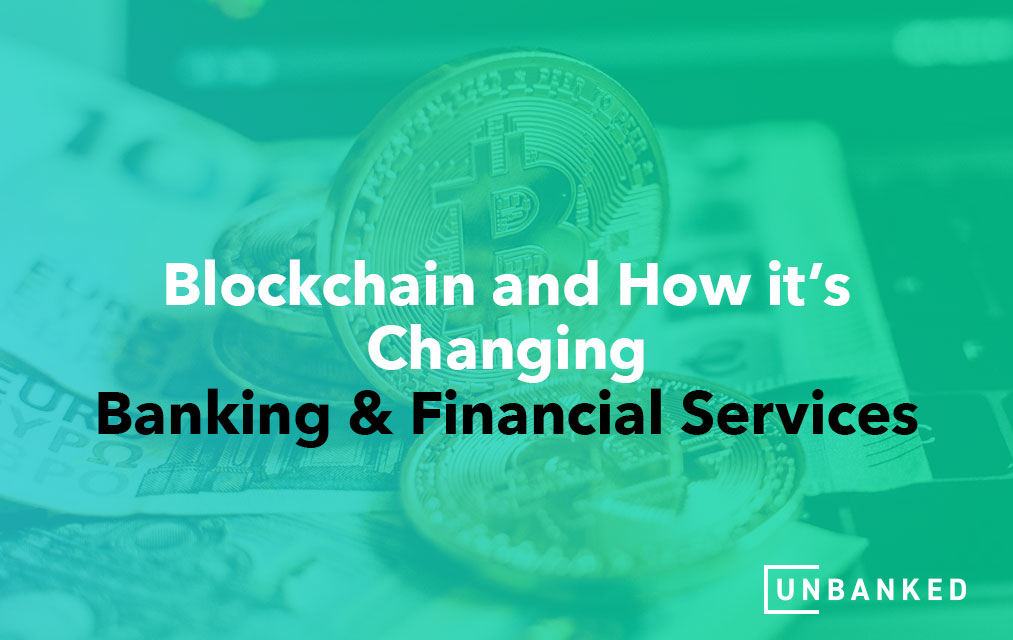Traditionally, bank transactions are frustrating and can take time. However, with blockchain technology, these transactions are easier to use and move significantly faster than your standard bank. It’s already evolving the way payments are made and received. Many banks are considering taking part in this technology more and more.
Blockchain: What is it?
If you’re new to the world of blockchain and cryptocurrency, don’t feel bad. As a unique technology, many have a vague idea at best, with few fully understanding it. Blockchain technology facilitates trust between financial trading partners. It’s the technology that underlies the cryptocurrencies like Bitcoin. It makes it possible for you to transfer your crypto and ensure your trust that the transaction was completed. Banking industries are using blockchain to some degree in numerous ways. Another way to look at blockchains is that it’s a ledger of transactions. It’s secure and comes with a couple of features that aren’t found elsewhere.
- Distributed: Blockchain ledgers have numerous copies. There’s a public one that’ll get publish and copied to many places. Any new transaction will get broadcast to a network of participants. These participants add to the many transactions found on the ledger. As there is no single person that controls this ledger, the blockchain system was designed so that everyone’s ledger will contain identical information.
- Immutable: Blockchain technology maintains a more accurate history of all transactions. Since there are multiple copies of these ledgers, altering or deleting transactions along with adding false information is challenging. This means to do so, every copy of the ledger must be changed in every location. This will require hacking thousands and more of computer systems at the same time. Many believe this to be improbable.
How Blockchain is Changing Financial Services
While many don’t sweat the traditional details, however, blockchain is transforming how banking and other economic services are handled. This has opened up new opportunities for many who would’ve never had the option, to begin with. Blockchain can also be used for more than monetary transactions.
- Money Transfers: An area in need of improvement is sending money to another country. While many banks use blockchain for this, it can still prove frustrating, expensive, and even too complicated for many to want to deal with. Transfers using blockchain-technology save time and money. With more banks adopting this technology, their consumers benefit. Banks can minimize any exposure to the many cryptocurrencies in circulation. Traditionally, money transfers involved going to a physical location and waiting in line, not paying the high fees to make the transfer. Now, with blockchain technology, everything can be done through your mobile phone with more cost-effective solutions.
- More Cost-Effective Direct Payments: Sending or receiving payments is traditionally done through banks and other intermediaries. The process steps can become complicated and costly as each provider charges a fee for that part of the process. Blockchain effectively cuts out many of these and provides lower-cost solutions for payments.
- Swipe Fees: Merchants pay numerous fees when accepting credit or debit card payments from their customers. Those fees take away from profits. Using blockchain as an option will prove more cost-effective for many merchants and allow for more competition and possibly lower prices.
- Insufficient Funds: Unfortunately, bounced checks are still a problem that causes many losses and fees for many merchants. Also, electronic payments can fail for numerous reasons. Blockchain-based payments can provide the certainty needed within moments. Merchants can receive payments with confidence as blockchain payments are fast and irreversible. They’re more comfortable to use and more cost-effective than banking services. It’s also safer as wire transfers take a long time, and cashier’s checks can be counterfeit.
- Title Details: Since blockchain ledgers are challenging to tamper with, it can make tracking ownership easier. Every transfer of ownership goes directly to a ledger. This will result in a more secure source of information with any type of property.
- Smart Contracts: The creation of smart contracts can cut down on costs, deals, and even the complexity of transactions. These contracts can monitor when someone makes a payment or a seller delivers on their end of the agreement. This can also handle many problems as they arise. They can prove simple and straightforward between a seller and a buyer or more complicated. Combine with an open banking structure and an encrypted smart contract can lead to a faster and more automated lending decision in a marketplace.
- Financial Inclusion: With lower costs, startups can compete against larger financial institutions as blockchain promotes much-needed financial inclusion. These solutions help those who want to avoid larger bank fees, balance requirements, and even lack of accessibility. A person only needs a mobile device. Plus, having a digital ID is a better solution for those who don’t have a standard ID for a bank account.
- Reduce Fraud: Blockchain is hacker-resistant, resists DDOS attacks and other various forms of fraud. It can help people work accurately and fast through a blockchain-enable digital ID. The costs of business decrease with savings, hopefully benefitting everyone.
While blockchain is relatively new, banks and many other industries are finding new ways to innovate with this type of technology. It’s ahead of many regulations. It’s hard to know what is expected for security, privacy, risks, and even dispute resolution. While all these are solvable, it’s essential to research and understand the problems that can arise before using this new technology for any transactions. As blockchain technology moves forward, more of these issues will be solved. Many organizations adapt to the latest technology with measures of their own and possibly universal measures to help alleviate potential problems. What used to take banks and other institutions a lot of time and large fees now takes less time and money through blockchain technology. With more and more financial institutions moving to this new tech, the chances of fewer fees and more services may very well open up.





